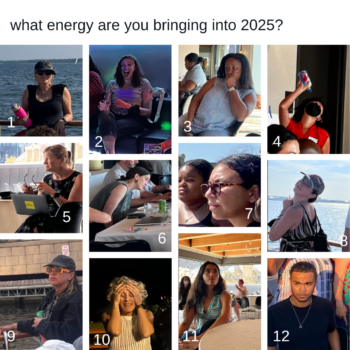| By Logan Harris |
“Ban-the-box” policies are designed to eliminate some of the barriers that people leaving prison face when seeking jobs. These policies disallow employers from asking people about their criminal records during the initial phase of a job application, removing the “box” that an applicant checks to indicate whether they have a criminal conviction on their record. Although policies differ, most allow employers to request information on criminal records after the initial application stage, and are designed to help applicants get through that first round without automatic disqualification.
Ban-the-box policies are clearly meant to help formerly incarcerated people get jobs, who face significant barriers to good employment. But they are also meant to address racial inequities, since African Americans and Latinos bear the disproportionate burden of negative impacts of incarceration. However, some recent research indicates that ban the box policies may actually have unintended consequences of worsening outcomes for black applicants.
In one study, researchers submitted fictitious online applications for entry-level service jobs in New York City and New Jersey before and after those jurisdictions passed ban-the-box policies. Before the policies passed, some of these fake applicants reported criminal convictions for minor drug or property crimes. Using New Jersey birth records, the applications were randomly assigned common black names, like Jamal and Maurice, or common white names, like Kyle and Matthew, but they were otherwise indistinguishable.
Overall, the study did find that before the policies went into effect, employers were over 60% more likely to call back an applicant without a criminal record, confirming that a criminal record negatively impacted job prospects in a major way. However the racial gap in callbacks grew substantially after the policies went into place: before the policy, white applicants were 7% more likely to get called back, and after it passed they were 45% more likely than black applicants to get called back.
When they didn’t have concrete information about criminal records, it seems that employers relied more on racist stereotypes. Unexpectedly, whites with criminal records benefitted the most from the policy.
These findings are disheartening, and we’ve seen similar unintended consequences from other efforts to change the criminal justice system – for example the expansion of drug courts that have ended up disproportionately benefiting white opioid users. But fair hiring advocates have also cautioned that we should interpret these findings as a call to expand fair hiring overall, not to repeal ban-the-box policies. If we really care about impacting racial equity, we will need broader policy changes that target racism more directly.
When it comes to employment, part of the solution could be better enforcement of the fair hiring laws that are already on the books. There may also be potential in expanding blind hiring practices, which hide much more information (including applicant names) from employers in order to reduce intentional and unintentional race and gender bias. Thus far blind hiring has been focused in the tech industry, so would need to be adapted for the kinds of entry-level jobs that are accessible to many formerly incarcerated people who don’t hold college degrees. But we also need to think critically about how to explicitly support black communities and health. Later this year, HIP will be collaborating with the Los Angeles Black Workers Center on a project related to fair hiring practices and quality employment for black workers, which means that we’ll be thinking much more about these issues in the coming months.




